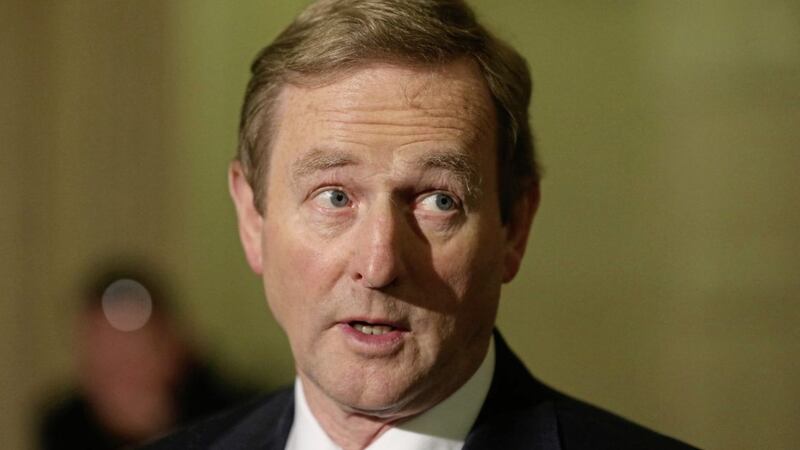Next month your humble scribe is due to give a talk in Dublin to a group of refugees, asylum-seekers and other immigrants.
It is part of a series on Irish life and society organised by Places of Sanctuary Ireland, a network of groups seeking to create a culture of welcome and safety for these new arrivals, many of whom are fleeing war and persecution.
My role is to explain “How Politics Works”, particularly in the south. Thankfully, some of the talk will be devoted to the mechanics of the electoral process. But the really challenging part of explaining how politics works in Ireland is that, in many people’s eyes, it doesn’t – at least not very well.
Admittedly, when you make a comparison with certain other places, our emerald isle emerges rather favourably. The Republic of Ireland is joint no. 6 with Canada in the Democracy Index for 2016, compiled by the Economist Intelligence Unit. The UK is at No. 16 and Norway has the top slot, whereas North Korea comes last out of the 167 states and territories, below Syria at No. 166.
All well and good, but the political scene on both sides of the border is a mess. The minority government in Dublin could be voted out of office at very short notice. Taoiseach Enda Kenny reminds one of a person clinging to a detached portion of an iceberg as the Titanic subsides a few feet away.
Not only is his position as head of government extremely fragile but his leadership of Fine Gael is also under serious threat, with a wide range of potential successors around him.
Having said all that, it is almost a year since a general election where the party adopted a misguided campaign strategy and came back with less than a third of all Dáil seats. But Kenny still has the top job because up to now Fianna Fáil, as the main party in opposition, has been prepared to let him stay in office. Their attitude is reminiscent of Lenin’s 1920 call for British communists to support the Labour Party “in the same way as the rope supports a hanged man”, i.e., so that the masses can see how badly they perform and then look for an alternative.
When Fianna Fáil decides the time is right, the plug will be pulled on the minority administration, but it is a very tricky judgment call. Fine Gael won’t want Kenny to lead them into the next election, so there would need to be a contest to replace him as soon as possible after Fianna Fáil withdraws its conditional support. Polling evidence suggests that, if Leo Varadkar got the job, there would be a healthy boost in support for Fine Gael,who could expect to regain support in Dublin where the minister for social protection has his political base.
Other ministers mentioned as possible replacements for Kenny include Simon Coveney, Frances Fitzgerald, Paschal Donohoe and Simon Harris. In an ideal Fine Gael world, the party would choose its new leader now and s/he would have a decent interval to prepare for a general election. But as a Fianna Fáil grandee pointed out to me lately, that party would almost certainly collapse the government as soon as the new person took over, or even beforehand.
This strange set of circumstances means that Kenny’s weakness is also his strength and it is even suggested he may last until the expected visit of Pope Francis in August 2018. Another factor is that 27 of the 50 Fine Gael TDs currently hold senior or junior ministerial posts and some of them might not fare so well under a new leader.
Where does Sinn Féin fit into all this? Mary Lou McDonald's indication that the party might be open to coalition as a minority partner was a potential game-changer. The challenge for Sinn Féin is to become indispensable to the formation of the next government. It looks most unlikely that FF or FG will have a clear majority after the election but, since both parties would generally prefer a combination of Labour and Independents, Sinn Féin must ensure that a majority cannot be achieved on that basis.
The aftermath of the assembly election in the north will affect Sinn Féin's standing south of the border. A long stand-off and stalemate would increase (I almost wrote “foster”!) doubts about the party as a potential coalition partner in Dublin.And at the Good Friday Agreement Committee in Leinster House last week, minister for public expenditure and reform Paschal Donohoe expressed concern that a failure to re-establish the Stormont executive could jeopardise EU funding for cross-border peace programmes.
I shall have to tell my refugee audience that politics only works in Ireland when the politicians are prepared to make it work.
@ddebreadun








